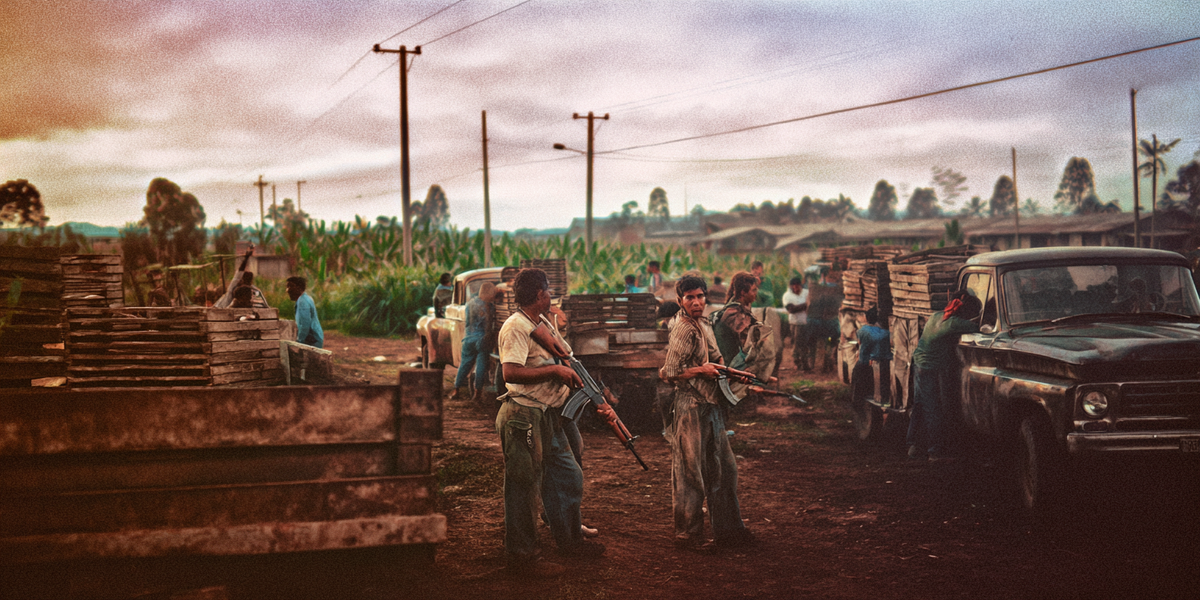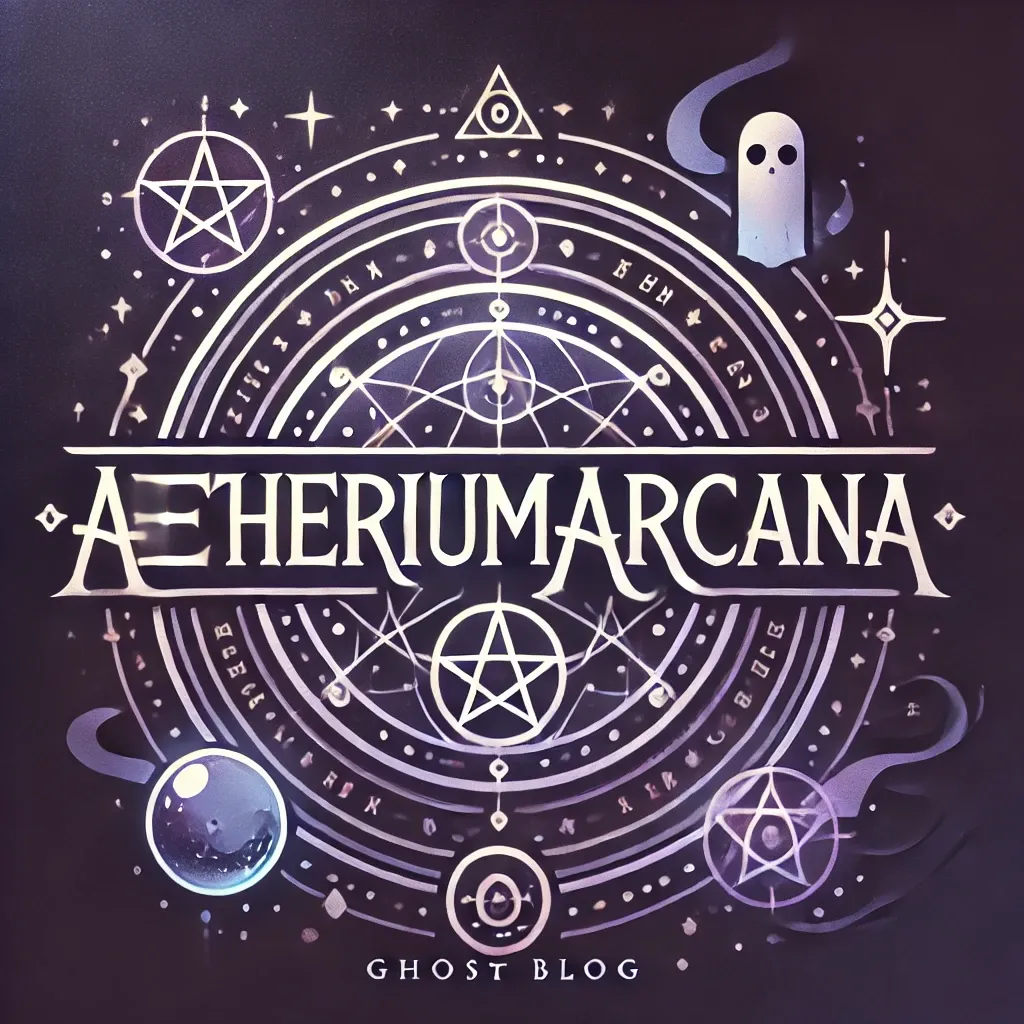What distinguishes a revolution from a criminal enterprise? Is it ideology? Popular support? Historical timing? Or simply the ability to win and write the laws afterward?
Subscribe to continue →Cartels, revolutions, and the fragile line between terror and government

